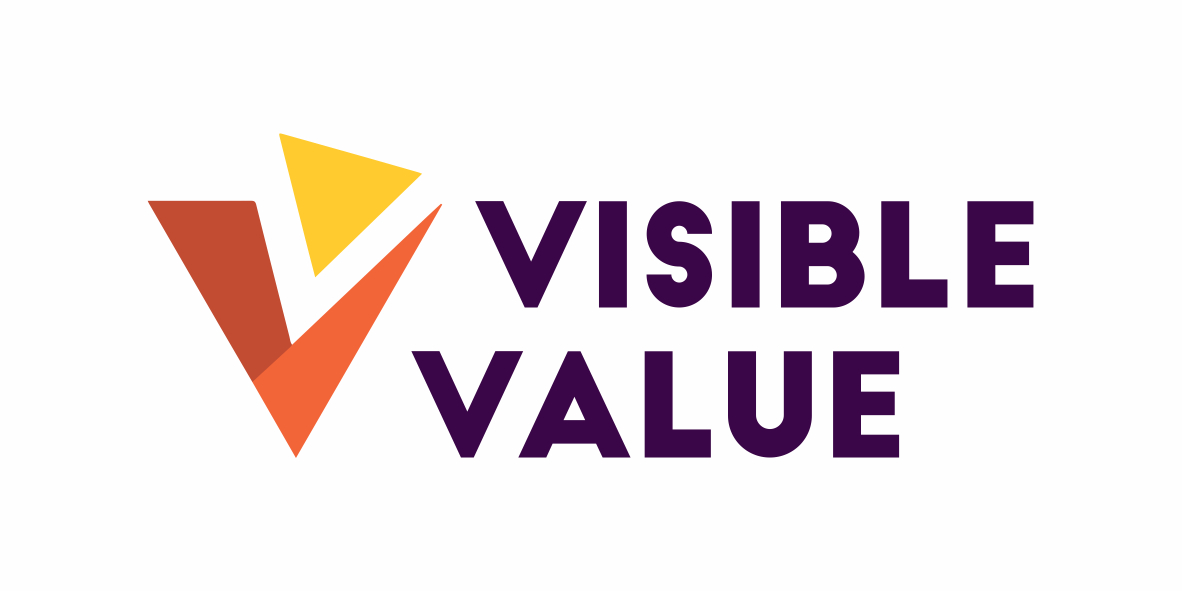Country Snapshots: Recognition of Youth Work
This section of the Visible Value aims to provide a quick overview of the state of the affairs about the recognition of youth work in the countries covered by EU-CoE Youth Partnership. In total it covers 53 country profiles (including 3 profiles for Belgium and 4 profiles for the UK).
The content in this section is based on several sources, including:
- Country reports on youth work collected by EKCYP correspondents: https://pjp-eu.coe.int/en/web/youth-partnership/country-information-youth-work
- EU Youth Wiki - an online platform presenting information on European countries' youth policies: https://national-policies.eacea.ec.europa.eu/youthwiki
- Forthcoming national contributions of the Non-programme countries to EU Youth Wiki
- An additional survey done by the editors of the Visible Value in 2021
The sources of information are indicated at the end of each profile.

A glimpse into a common understanding of youth work can be gleaned from the 2016 survey on the youth work profession conducted by the Croatian Employment Service. The survey shows that youth professionals understand youth work as a variety of tasks which are, among others, normally carried out by teachers, social workers or psychologists. It is obvious that the term “youth work” in Croatia is rather vague and can be seen as a stretched concept.
This, in turn, is also a result of linguistic ambiguities concerning the term “youth work” in Croatian. Although there is no official consensus, “youth work” in Croatian is usually called “rad s mladima”, which literally translates into English as “working with youth”. As such, it is not a coherent concept but rather a descriptive category without specific meaning, as many professionals across many different disciplines “work with youth”. As a consequence, youth work is generally poorly understood, except by a very limited circle of experts.
The status of youth worker is not recognized in the national legislation and there are no specific standards and criteria for youth workers.
There are no specific tools for recognition/validation/accreditation of competences acquired by young people participating in youth work activities. The only recognition tool promoted by the national authorities is the so-called Certificate of competences acquired during volunteering. However, the tool had not been developed specifically for young people but for volunteers of all ages.
Young people participating in international activities within the Erasmus+ programme are encouraged to use YouthPass - Recognition tool for non-formal & informal learning in youth projects.
(From the Youth Wiki)

